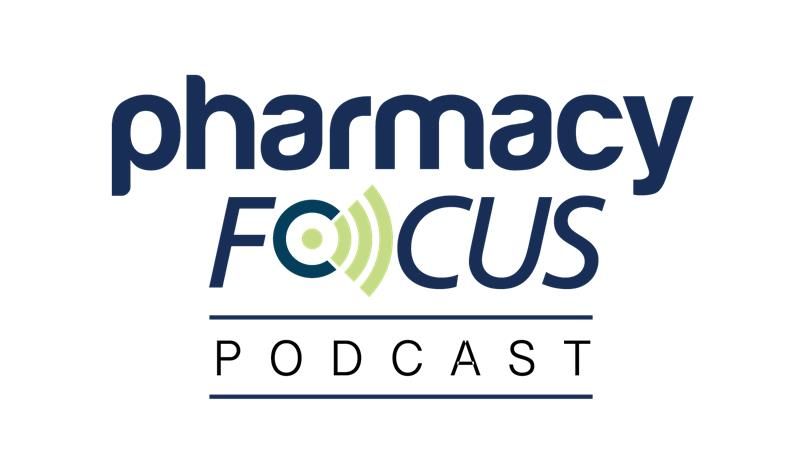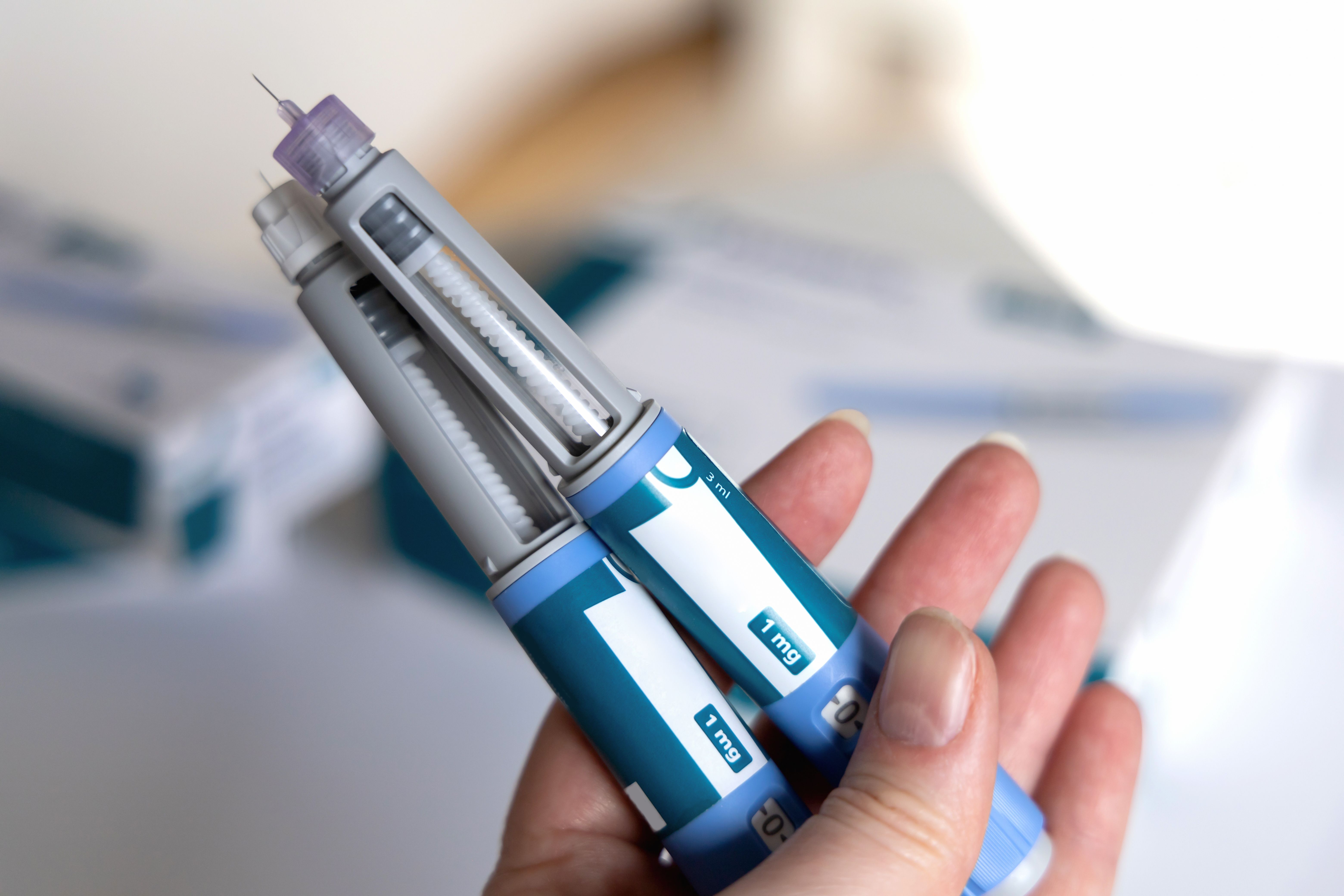Article
Diabetes Cure in Reach with Low-Calorie Diet
Author(s):
Reducing calorie intake may reverse type 2 diabetes.
Some patients say they were able to cure type 2 diabetes by increasing their physical activity, losing weight, and eating healthy. This approach has also shown promise among patients who underwent bariatric surgery, which significantly restricts caloric intake. However, there has yet to be an intervention scientifically proven to cure diabetes.
The CDC recently reported that 30.3 million Americans—9.4% of the US population—had diabetes and 84.1 million had prediabetes in 2015. By 2050, the agency projects that 1 in 3 Americans will have type 2 diabetes, with millions more diagnosed with prediabetes.
A new study published by Cell Metabolism suggests that a very low-calorie diet may be able to quickly reverse type 2 diabetes in animal models of the condition. If proven in humans, this approach may offer a cure for patients.
In the study, the researchers examined how a very low-calorie diet (VLCD) could reverse type 2 diabetes in animals. During the study, rodent models ate one-quarter of their normal calories.
The authors used a stable isotope approach to track metabolic processes that result in increased glucose production by the liver. The method also allowed the researchers to analyze metabolic fluxes within the liver that may play a role in insulin resistance and increased rates of glucose production, which are both involved with high blood-glucose levels, according to the study.
The novel approach showed that the VLCD drastically lowered blood glucose levels in animals through 3 mechanisms.
The authors found that the VLCD reduces the conversion rate of lactate and amino acids into glucose, according to the study. The diet was also observed to reduce the rate of liver glycogen conversion to glucose, while also reducing fat content. The loss of fat has been found to improve the liver’s response to insulin.
Notably, the benefits of the VLCD were seen after only 3 days, according to the study. This finding suggests that long-term adherence to the VLCD may not be necessary to reverse diabetes, according to the authors.
“Using this approach to comprehensively interrogate liver carbohydrate and fat metabolism, we showed that it is a combination of 3 mechanisms that is responsible for the rapid reversal of hyperglycemia following a very low-calorie diet,” said senior author Gerald I. Shulman, MD.
Next, the researchers plan to determine whether these findings will translate to humans with type 2 diabetes who are receiving bariatric surgery or a VLCD, according to the study.
“These results, if confirmed in humans, will provide us with novel drug targets to more effectively treat patients with type 2 diabetes,” Dr Shulman said.
Newsletter
Stay informed on drug updates, treatment guidelines, and pharmacy practice trends—subscribe to Pharmacy Times for weekly clinical insights.






